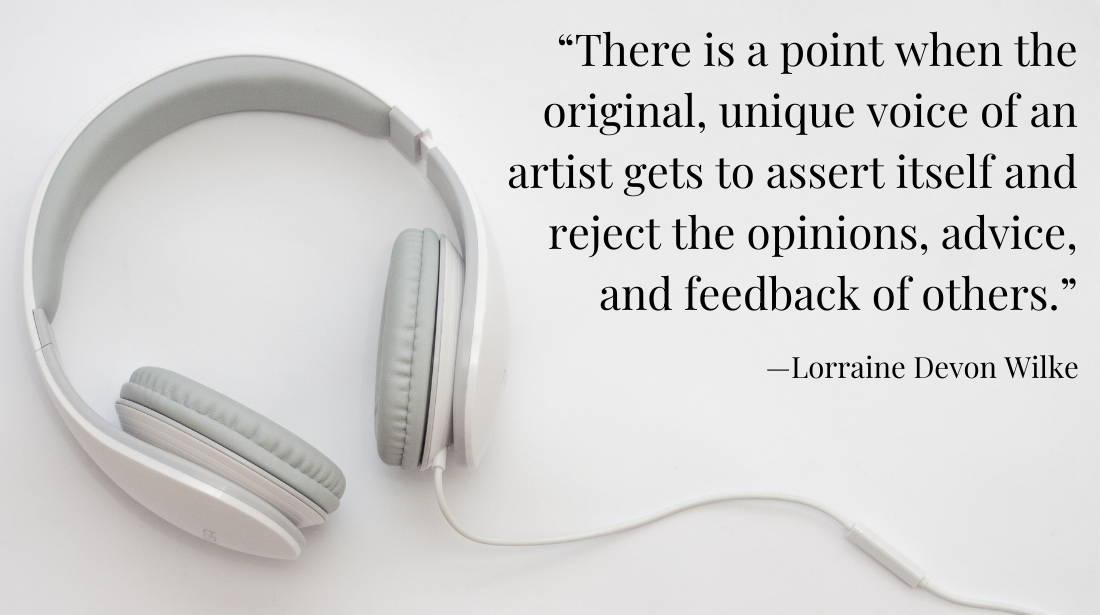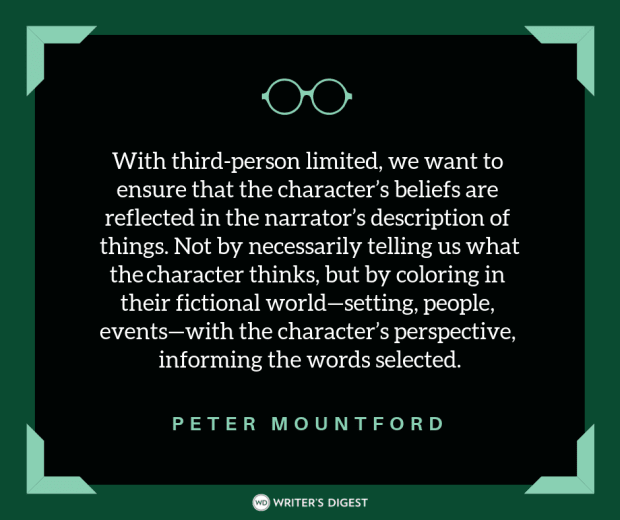Not in the Writing Mood?
Falling out of a writing mood can happen to the best of us, and getting back in can be tougher than talking your way into a secret, after-hours, invite-only nightclub….
Falling out of a writing mood can happen to the best of us, and getting back in can be tougher than talking your way into a secret, after-hours, invite-only nightclub. But if we don’t try to break through, then we’re not writing, and if we’re not writing…well, then we can’t call ourselves writers, can we?
One of my favorite methods for getting in the mood is to read a little from a favorite author in the genre I’m writing. For example, if I’m working on a noir piece, Alan Furst or Raymond Chandler always get me in the mood. If something edgier, maybe Hunter S. Thompson or Charles Bukowski (although one must be careful to borrow the spirit and not the voice of the author). Another technique I use if I’m not in the mood to pick up where I left off in a novel is to try working on a short story, essay, or poem instead. Sometimes switching up the genres and forms can jump-start my inspiration.
Jack Smith, author of the recently released Write and Revise for Publication, is a pro when it comes to taking a step back and figuring out how to fix the kinks of a novel or story, and getting in the mood to write is a problem he has tackled for himself and for the many students and readers he has helped over the years. Here is what he has to say on the matter:
As a writer you’ve got to be constantly at it. You need to generate a lot of words, revise, and fine-tune in order to feel as if you’ve finally finished your book. But what if you’re just not in the mood for it?
Why not try my “dribble method”?
Sit down and force yourself to write 100 words. That’s all. Probably what will happen is you will get in the mood and write a little more. That small spark of productivity might be all it takes, and keeping the bar low will trick your mind into thinking that you’re just dipping your toe in the pool rather than preparing to dive in head first. The trick often works, but let’s say you don't feel inspired to write more…one hundred words is better than nothing, right?
Why not 200 or 300? Do you realize that 300 words a day is 2,000 in a week? And how long does it take you to write 300 words? Probably about 5 minutes if you really pound those keys. But keeping that bar low, as I said, can make it far easier to get the ball rolling. And once you start, you’ll hit 200, 300, and beyond in no time.
And don’t worry about how those first hundred or so words turn out. It might be pretty awful, but you’ve got a start. It might be pretty good, too. You might really find your voice. You might look up an hour later and realize you finished a whole chapter.
If you really don’t feel like cranking out new stuff, how about this? Take something you’ve written and do surface-level editing. Don’t demand anything major of yourself. Just go through a story or a section of a novel and improve the wording, or simply read it to yourself for clarity. Enjoy the story for what it is rather than edit at all (but you will, won’t you?) and you’ll be surprised by how you feel. Once you get into it, you’ll probably end up doing more, either in that story or in another.
Sometimes we simply don’t like to write. We don’t feel inspired. But if you don’t set out to accomplish a lot, and instead just “dribble it out” in small efforts, you may still find yourself being productive despite your mood.
For more writing advice from Jack Smith, look for his new book, Write and Revise for Publication, at the Writer’s Digest Shop!








